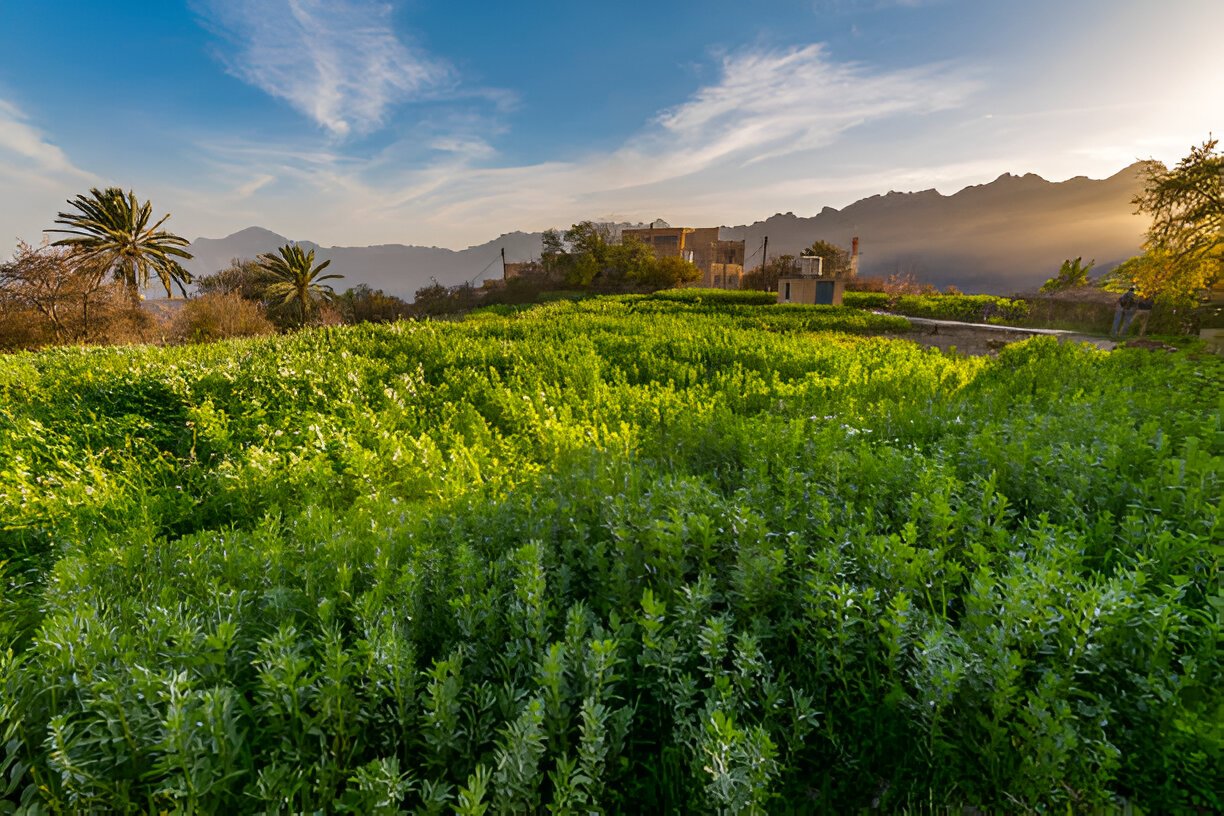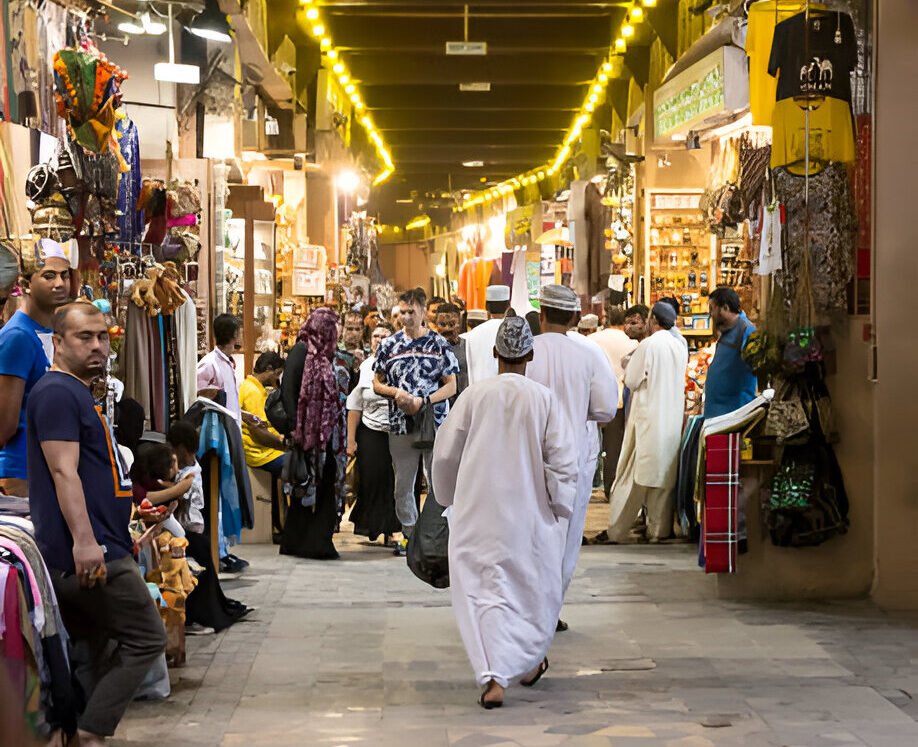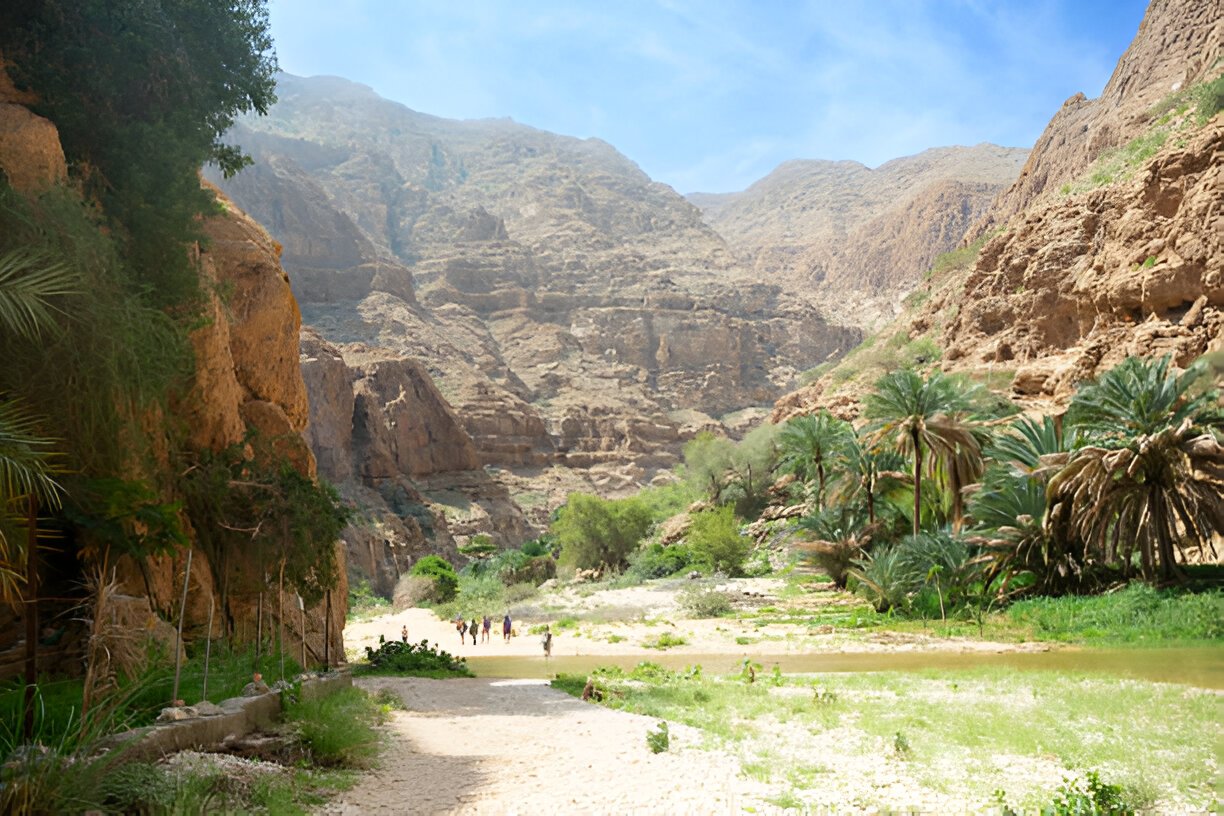

Oman, nestled in the heart of the Arabian Peninsula, is a land of rich traditions, history, and cultural heritage. Among the customs that define Omani society, Omani greetings hold a special place. In Oman, greetings are far more than mere formalities—they are the foundation of social interactions, reflecting respect, warmth, and a strong sense of community. Understanding the role of Omani greetings is essential to appreciating the depth of interpersonal relationships in this vibrant nation.
In Oman, greetings serve as a bridge connecting individuals, fostering mutual respect and understanding. Whether in a bustling marketplace, a tranquil village, or a formal business setting, the way people greet each other in Oman speaks volumes about their cultural values. The traditional Omani greeting, “As-Salaam-Alaikum” (peace be upon you), is more than a simple salutation; it’s a heartfelt wish for peace and well-being, deeply rooted in Islamic tradition.
Omani greetings vary depending on the context and relationship between people, making it important for visitors to understand these nuances.
In formal settings, such as business meetings or official events, greetings usually include a handshake. The most senior person is typically greeted first, and the handshake is often prolonged to signify the importance of the interaction. A slight bow of the head may also accompany the greeting as a gesture of respect.
Among friends and family, greetings are warmer and more personal. A handshake might be followed by a hug or a kiss on the cheek, especially among close relatives. It’s also common to ask about the well-being of each other’s family, demonstrating genuine care and interest.
In rural areas and among older generations, traditional greetings often include touching noses, known as “Khashm.” This gesture is a sign of deep respect and is often seen among men, symbolizing trust and friendship.
In Omani culture, greetings carry profound meaning beyond mere politeness. They express values like hospitality, generosity, and respect. When a guest arrives at an Omani home, they are welcomed warmly with traditional offerings like dates and coffee—a gesture known as “Qahwa.” This symbolizes the host’s genuine hospitality and their eagerness to welcome the guest into their life.
The importance of greetings is also evident in Omani business culture. Building trust and rapport begins with a proper greeting, setting a respectful tone for the entire interaction. A warm and respectful greeting can lay the foundation for successful negotiations and collaborations.
Omani society places great emphasis on respect for elders and authority figures. When greeting someone older or of higher status, it is customary to use both hands for the handshake and to lower the head slightly—gestures that signify humility and respect.
In group settings, it’s important to greet the most senior person first, followed by others in order of their status. This practice underscores the value placed on hierarchy and respect within Omani culture.
In Oman, gender norms influence how greetings are exchanged. In more conservative settings, men and women may greet each other without physical contact if they are not closely related. A simple verbal greeting, accompanied by a nod or smile, is often sufficient. However, among close family members, more personal greetings are common.
Visitors to Oman should be aware of these gender customs and follow the lead of locals when greeting members of the opposite gender. Respecting these cultural nuances helps foster positive connections and avoid misunderstandings.
While traditional Omani greetings are integral to the culture, modern influences have also shaped how people greet each other. In cities like Muscat, younger generations may use Western-style greetings, like “hello” or “hi.” Despite these influences, the core values of respect and warmth remain central to Omani greetings, whether traditional or modern.
Language plays an essential role in Omani greetings. Arabic, the official language, is rich in expressions that convey respect and goodwill. The greeting “As-Salaam-Alaikum” exemplifies this, not only wishing peace but also reflecting Islamic values deeply ingrained in Omani culture.
Many Omanis, especially in business settings, also speak English. However, using traditional Arabic greetings is often appreciated and can help build rapport.

Non-verbal communication is a vital aspect of Omani greetings. Body language, eye contact, and facial expressions all convey the intended message. Maintaining eye contact during a greeting signals sincerity, while a warm smile reinforces goodwill.
Handshakes in Oman are typically gentle and prolonged. A firm handshake, common in Western cultures, may be perceived as overly assertive in Oman. Often, the right hand is placed over the heart after a handshake, symbolizing genuine affection and respect.
Omani greetings are the foundation of social bonds, establishing trust, understanding, and mutual respect. In a culture where relationships are paramount, the way someone is greeted can greatly influence the nature of the relationship.
For Omanis, greetings are an opportunity to connect on a deeper level, show empathy, and reaffirm social ties. Whether in familial, social, or professional settings, the act of greeting is seen as an investment in the relationship.
Hospitality is one of the most cherished values in Omani culture, and it starts with a proper greeting. When a guest arrives, they are welcomed with heartfelt greetings, often accompanied by dates and coffee, which symbolize the host’s commitment to making the guest feel valued and respected.
As Oman continues to modernize, greetings may evolve, but the core values they represent—respect, hospitality, and warmth—are unlikely to change. Omani greetings will continue to serve as a reminder of the heritage and values that define Omani society.
The importance of Omani greetings cannot be overstated. They are more than simple words; they reflect the deep respect, hospitality, and community values that are central to Omani culture. Whether through a handshake, a warm smile, or a heartfelt “As-Salaam-Alaikum,” greetings in Oman build and strengthen relationships.
For visitors, understanding and embracing these greeting rituals is an essential part of the cultural experience. By appreciating the importance of Omani greetings, one can forge connections that transcend language and cultural barriers.
Never miss any important news. Subscribe to our newsletter.







